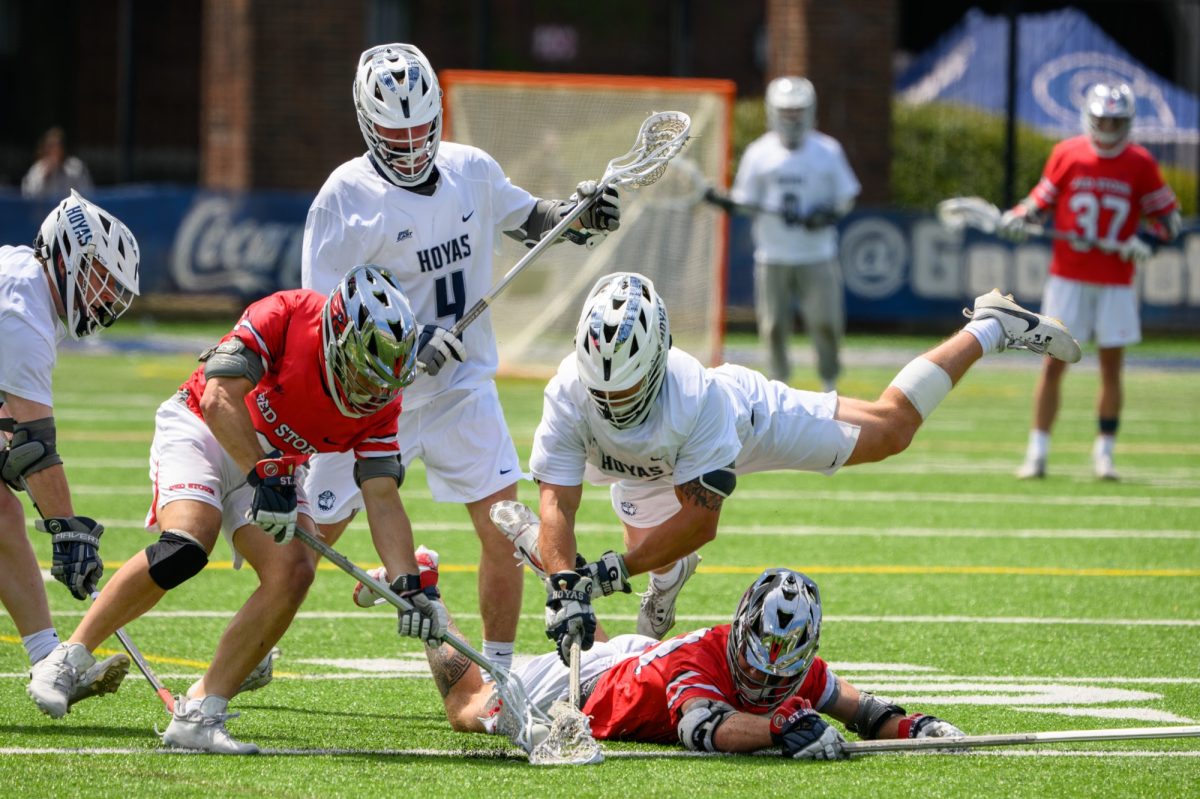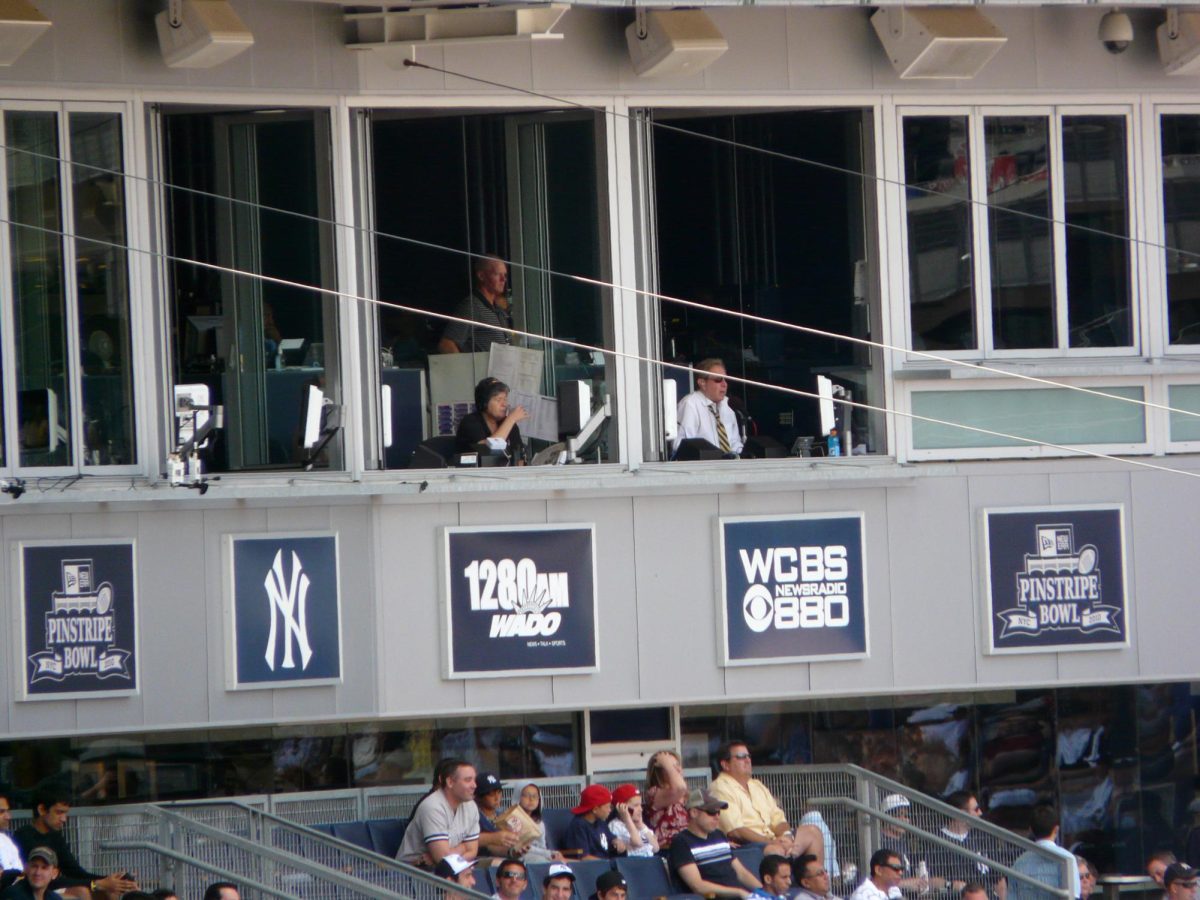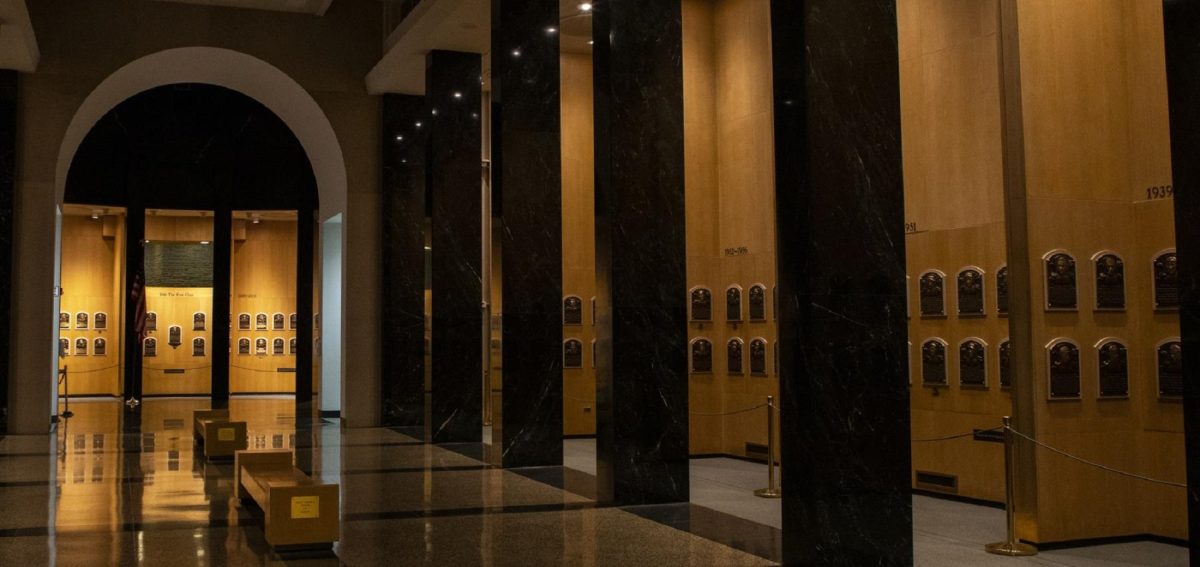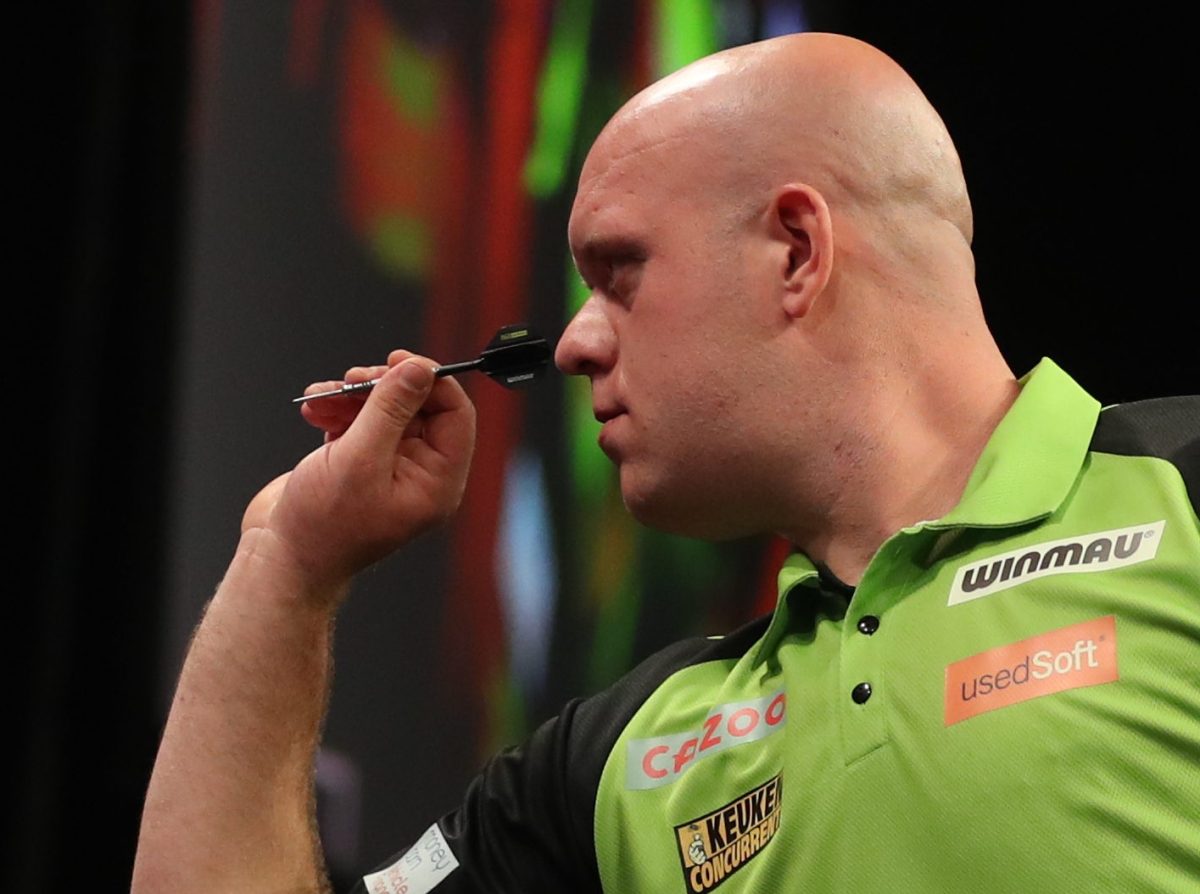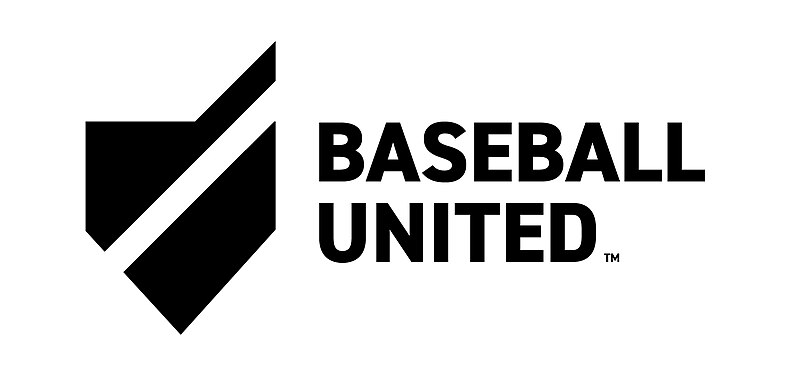In the NHL, a team is awarded two points for a regulation, overtime or shootout win. Meanwhile, a team receives zero points for a loss in regulation, but receives one point — the “loser point” — if they lose in overtime or a shootout. Many hockey fans take issue with this point structure, others also have a problem with the shootout itself and believe it is a gimmick and not actual hockey.
The winning team has always received two points for a win, but prior to the 1999-2000 season a team did not receive a point for an overtime loss. There were ties back then, however, in such games both teams would receive a point. This system was similar to the NFL’s current system, because a tie essentially earns “half” of a win while an overtime win or loss is the same as a regulation win or loss.
The NHL introduced the loser point to stop teams from playing for ties once a game reached overtime. Prior to it, teams would rather walk away with the tie points than play a more risk-averse style of hockey, lose and receive no points.
The NHL, however, underwent drastic changes after the 2005 lockout. The tie was eliminated and thus the loser point changed as well. If a game was tied after overtime, the winner would be decided with a shootout. Casual fans welcomed this addition because of its perceived excitement. Diehard fans, however, felt that a game should not end on something other than a “hockey play” and ending a hockey game on a series of penalty shots is akin to deciding a basketball game solely on free throws.
Even to the shootout’s biggest supporters, it does seem strange that a win that ends in regulation is worth the same to a team as a win that ends in the shootout. It can be incredibly exciting, as the USA-Russia Olympic game showed a month and a half ago. But is it relevant in an actual hockey game? After all, NHL playoff games end with multiple sudden death overtimes until a winner emerges. The fact that the shootout is not employed there proves its flaws.
There are numerous proposals to fix the end of hockey games, and just about every fan has a different one. Some say that we should scrap the shootout and go back to the days where there were ties and a loser point. Others say that we should go back to the days where there were ties but no loser point. Some say keep the shootout, but abolish the loser point. This would award two points for a three-shooter shootout, which would inject even more randomness into the standings than there already is.
Or, we could change the scoring system in the NHL. Many fans do not realize this, but T.J. Oshie didn’t actually provide Team USA with a true win in the instant classic of a shootout against Russia. In the Olympics, a regulation win is worth three points, an overtime or shootout win is worth two, an overtime loss is worth one and a regulation loss is worth zero.
This is the system that the NHL needs to adopt. While the shootout is really just a gimmick and does have tons of flaws, going back to ties would be problematic in the NHL. Casual fans, and especially casual American fans, don’t seem to like ties in any sport. Can you ever remember a fan saying, “I really like ties!” after a tie in the NFL? Me neither. It also seems to me that ties are part of the reason that soccer has not taken off in this country, and the NHL should and probably does notice that. Because of the shootout’s sheer excitement, it’s a great way to continue to bring in casual fans, which is the only way that the sport will keep growing.
However, a shootout win should not, by any means, be equal to a regulation win. No game that ends in an individual skills competition should even be compared with one that ends in regulation, and the point totals for these kinds of wins should reflect that difference. By the same token, it doesn’t make sense to punish a team that made it through regulation, the focal point of a game, with an even score by awarding them the same point total as a team that didn’t reach overtime. A team that makes it to overtime but loses afterwards should receive one point, the same way that Team Russia did after T.J. Oshie’s performance of a lifetime.
Tom Hoff is a junior in the McDonough School of Business. Down to the Wire appears every Friday.









